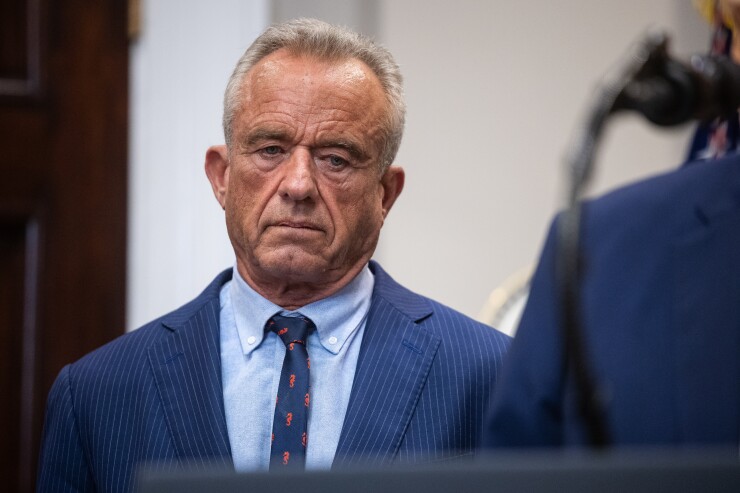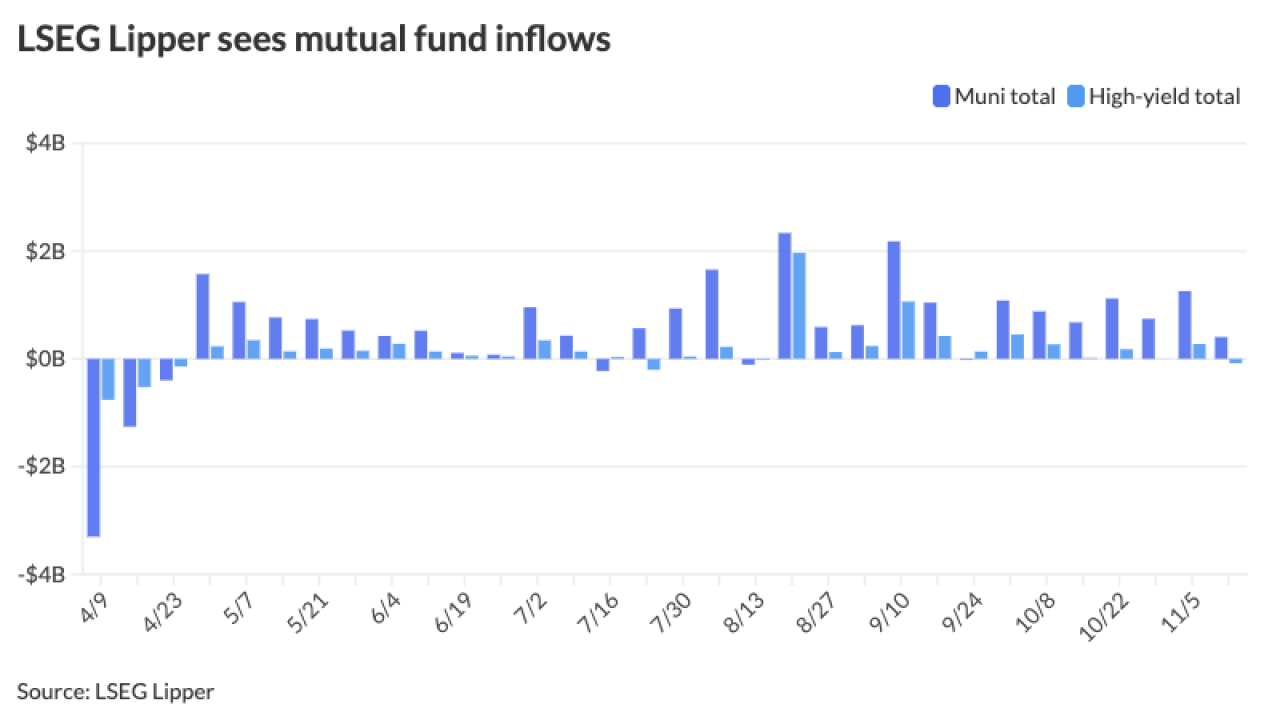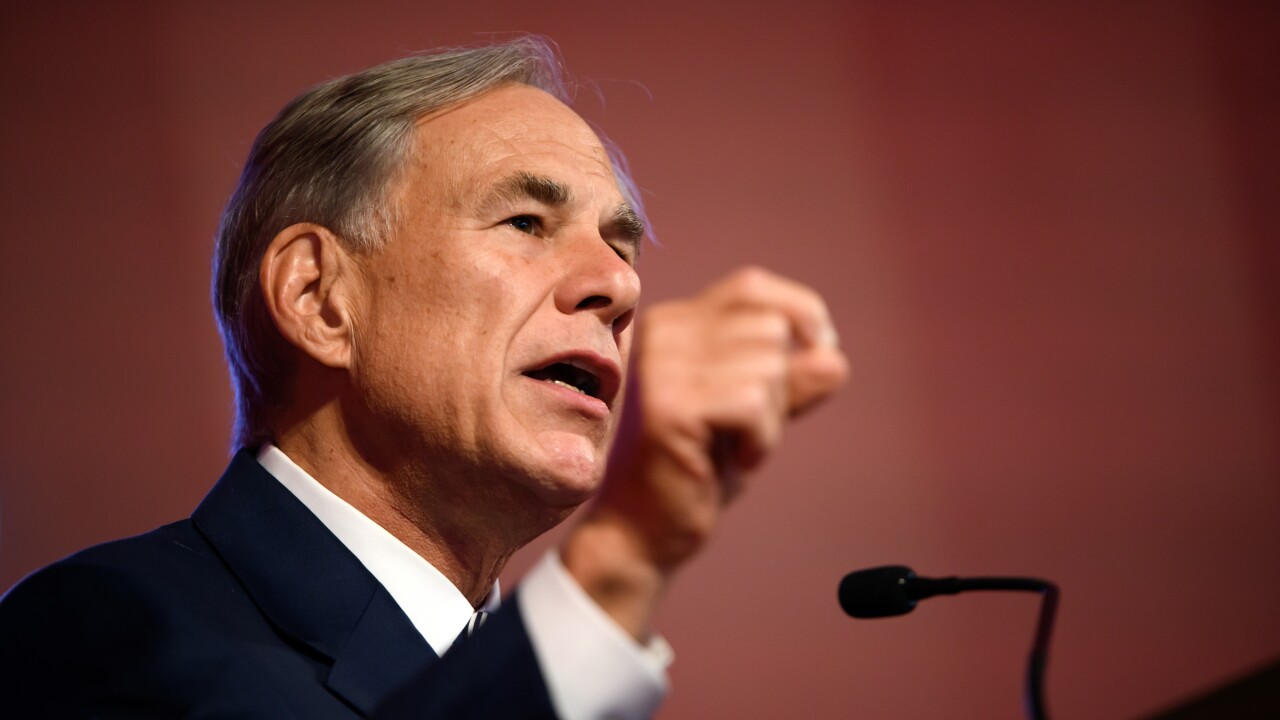
States have until Nov. 5 to apply for a slice of $50 billion of new federal funds aimed at shoring up rural hospitals facing headwinds from the One Big Beautiful Bill Act.
Republicans established the $50 billion Rural Health Transformation Program as part of the OBBBA to offset concerns, including among some Republicans, about the impact of the law's estimated $800 billion in Medicaid cuts on rural providers.
Health and Human Services Secretary Robert Kennedy, Jr. said the fund marks the largest investment "ever made to improve health care for rural Americans" in a statement. "This $50 billion program is about delivering dignity and dependable care to rural communities, making sure every American has access to affordable, high-quality treatment," Kennedy said.
The Trump administration last week released the
Half of the funding will be evenly distributed to all states with an approved application. The other half will be awarded to approved states based on a variety of factors including rural population, the proportion of rural health facilities, the fiscal situation of certain hospitals.
There is only one opportunity to apply for funding and the government will announce awardees by Dec. 31, 2025.
In addition to OBBBA's sweeping Medicaid cuts, the new law shrinks the Affordable Care Act's insurance marketplace and limits the provider taxes that states use to cover Medicaid expenses not covered by federal funding. The Congressional Budget Office has estimated the law will mean 11.8 million Americans will lose their health insurance.
The impact of the GOP's healthcare policies on rural hospitals was a key issue during OBBBA negotiations and has now emerged as a partisan sticking point in negotiations over a potential government shutdown next week.
Democrats want a continuing resolution that unwinds the Medicaid cuts and extends Affordable Care Act subsidies that are set to expire in December. Republicans want to pass a "clean" seven-week CR, although some have said they're open to extending the ACA subsidies past December.
Lawmakers in the last two weeks have introduced three bipartisan bills that would extend the subsidies.
Allowing the ACA insurance subsidies to expire is expected to disproportionately hurt rural providers, especially in those states that did not expand Medicaid under the ACA and house a large number of residents who buy insurance through the ACA marketplace.
There are nearly 1,800 rural hospitals across the country, according to the American Hospital Association. They tend to have lower operating margins than urban providers, and 44% have negative operating margins,
Barclays, in a Sept. 25 client note, identified providers in Florida, Texas, North Carolina Illinois, and Georgia as most vulnerable, in part due to the political willingness and fiscal ability of those states to intervene to support the providers.
A new
The Medicaid cuts in OBBBA won't come into full effect until 2027, noted Emily Brock, federal liaison for the Government Finance Officers Association. That gives states time to prepare for the cuts, but it also means there is time for lawmakers to make changes that could soften the cuts, Brock said.
"There are already a lot of southern Republicans saying [the Medicaid reforms] are not complete," Brock said. "So there's a chance for some motion on that before implementation," she said. "The possibility of change is real."





